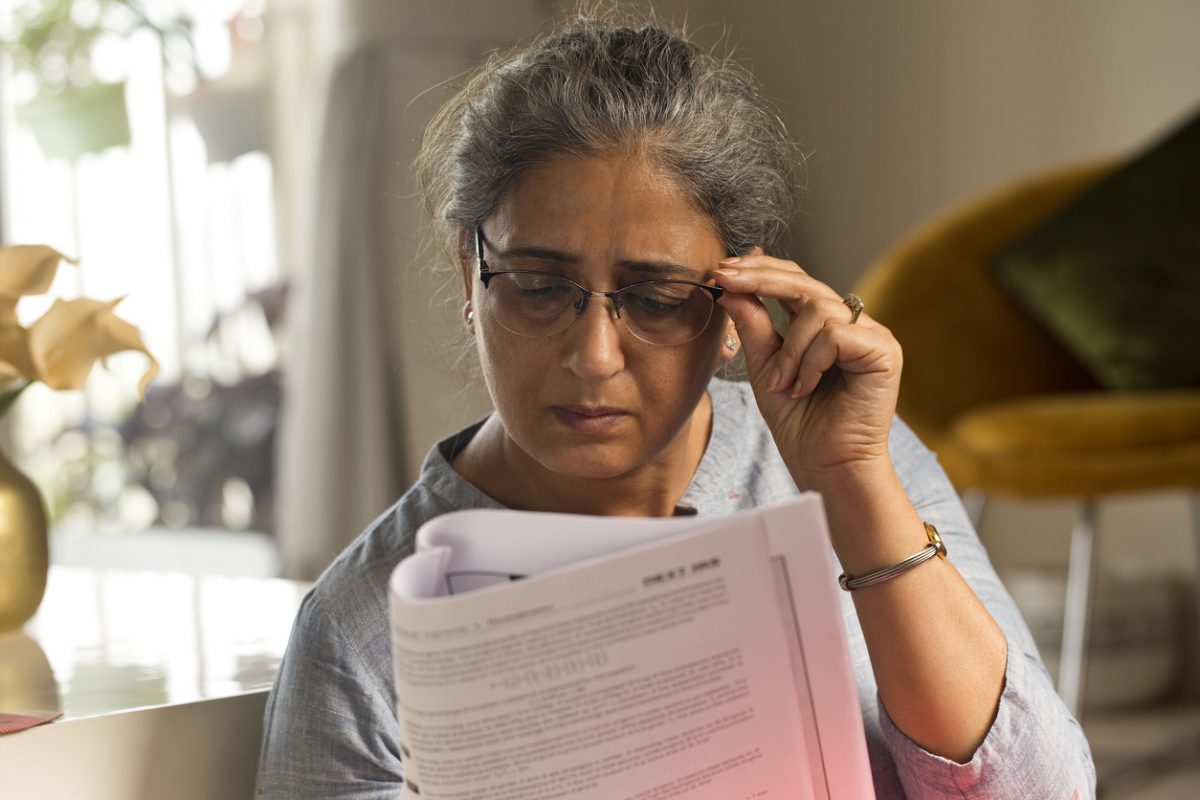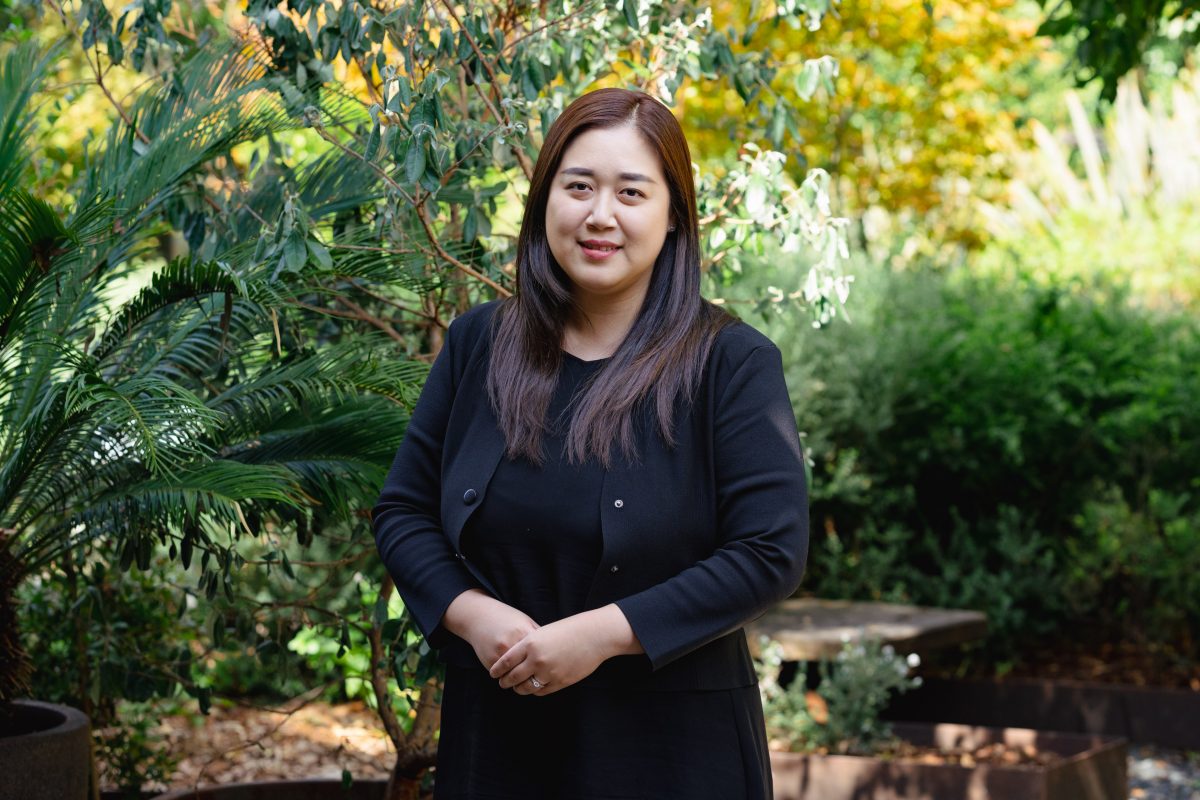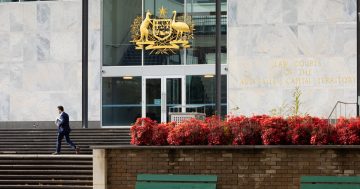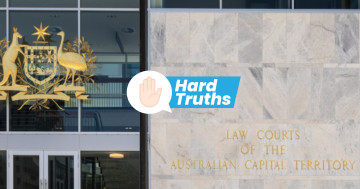
Australian law is complex at the best of times and even more complicated with a language barrier. Photo: File.
For those without a background in law, wrapping your head around legalese can be akin to translating from a different language entirely.
When English is not your first language, this problem can be quite literal.
The Australian Bureau of Statistics reports about a fifth of Australia’s population speaks a language other than English at home.
The Legal Australia-Wide Survey published in 2012 showed that 50 per cent of respondents experienced one or more legal problems in the 12 months before the interview.
Senior associate in family law at DDCS Lawyers Tina Lee says it stands to reason many Australians who speak English as their second language may need to access the legal system at some stage in their lives, and might encounter a language barrier.
“Australian law is complex to understand at the best of times. When English is not your first language, it can be downright stressful,” she says.
“In my experience, people who don’t speak English as their first language often struggle to find a starting point. They may not know who to contact to find out which lawyers in town might speak their language.
“Calling around to different firms, Googling and reading reviews is a lot of work – and all the more confronting and difficult where there is a language barrier.”
For this reason Ms Lee, who speaks fluent Korean, has many English as Second Language (ESL) clients referred to her.
She says the law is a field in which a little bit of knowledge can be a dangerous thing.
“When you’re facing a legal problem, your rights and your obligations are not things you want to misunderstand,” she says.
There are a number of organisations set up to support Canberra’s culturally and linguistically diverse communities, and Legal Aid ACT offers a Migration Clinic and cultural liaison officers to assist ESL clients navigate the legal system.
However, Ms Lee says the fundamental issue is awareness among diverse ethnic communities.
“I am not sure how many ESL clients would be aware of the services offered by Legal Aid ACT, the Community and Women’s Legal Service or DVCS (Domestic Violence Crisis Service),” she says.

DDCS Lawyers senior associate Tina Lee. Photo: Liv Cameron.
Another issue is supply.
“Canberra is a relatively small city. I think you’d have to be quite lucky to find a lawyer who speaks your language and who practises in the area of law you need assistance with,” she says.
“Many of my clients who’ve come to me seeking family law assistance have been referred on by another Korean-speaking lawyer they’ve had previous dealings within another area of law, like property.
“If you’re based in a rural or remote area, the chances of finding a lawyer who speaks your mother tongue would be slimmer. One notable outcome of COVID was the rise in the number of people accessing vital services remotely. If getting a service in your own language is more important than being face to face, this option will increase your chances of finding the right fit.”
Ms Lee suggests one good first stop will be the ACT Law Society.
“They retain a register of lawyers who practise in the ACT and you can filter lawyers by area of practice and language spoken,” she says.
“The other option is by word of mouth. Often lawyers who speak a second language know other lawyers who speak that language.
“If you find someone you know speaks your language, don’t be afraid to pick up the phone and call them to ask for a referral. I’ve had that call before and am happy to refer clients to lawyers in areas in which I don’t practise myself.”
The third option is utilising professional interpreter services, such as the Department of Home Affairs’ Translating and Interpreting Service (TIS) or NAATI certified interpreters.
“I’ve utilised them before. The client needs to book an interpreter and line that up at the same time as an appointment with their lawyer. That translator can then listen in and interpret for them,” Ms Lee says.
Whichever option you choose, it’s important to remember that ignorance of the law is no excuse and a delay “can be a dangerous thing in law”.
For more information contact DDCS Lawyers.





















